detail profile wang ping
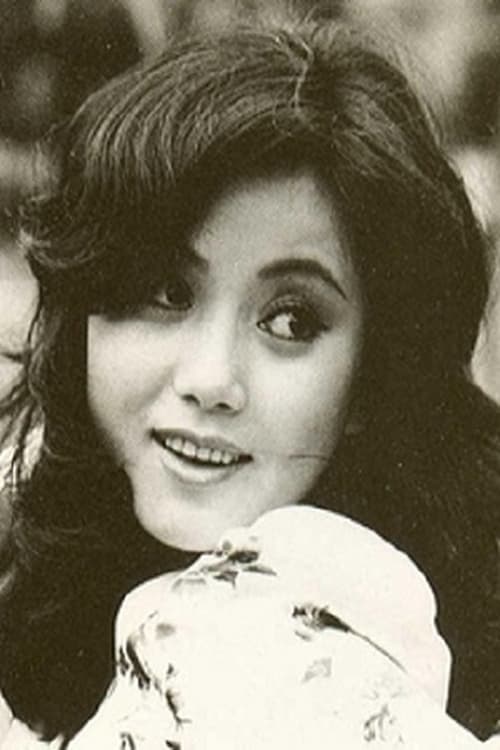
Wang Ping
王苹
atau dikenal sebagai
Riwayat Hidup
Ping Wang is a Chinese film director and actress.
She is considered to be the first female director in the People's Republic of China.
Leftist womens' liberation became a major influence early in her life and she was a long time supporter of the communist revolution.
Her work was financially supported by the state, which provided her with significant access to filmic resources, allowing her to learn the techniques of filmmaking through practice and experiment with film form.
She became a respected and influential director.
Because gender equality was a significant part of the Communist Party’s plan for economic reform, the following two decades would see a rise in the number of female directors in China.
Info Pribadi
Peran Yang Di Mainkan Wang Ping
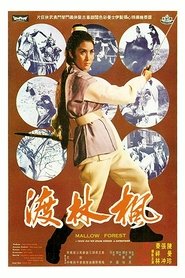 At the end of the Ming...
At the end of the Ming...Mallow Forest 1969
At the end of the Ming Dynasty, the bandit Zhang Xianzhong, fearing that his treasures may be seized by the Manchurians, entrusts his henchman Yun to escort it to Mount Mei for safekeeping. However, Yun has made arrangements with the Manchurian spy Jin to ambush the treasure on the way to Mount Mei.
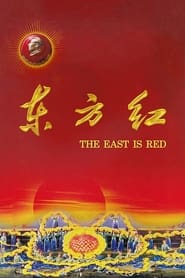 PreCultural Revolution propaganda at its most...
PreCultural Revolution propaganda at its most...The East Is Red 1965
Pre-Cultural Revolution propaganda at its most lavish, this model opera depicts the history and evolution of the Communist Party of China under Mao Zedong from its founding in July 1921 to the establishment of "New China" in 1949. Detailed in the musical are several key events in CPC history such as the Northern Expedition, the KMT-led Shanghai massacre of 1927, the Nanchang Uprising and formation of the People's Liberation Army, the Long March and the founding of the PRC on October 1, 1949.
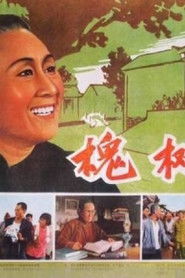 The story of a village amidst...
The story of a village amidst...Locust Tree Village 1962
The story of a village amidst the winds of change, with Aunt Guo a female member of the Communist Party as the center. This multi-level display of Chinese farmers of different thinking style and perplexing relationships, reflects some of the major changes in China's rural areas from land reform to the people's commune being established in this historical stage.
 An underground CPC telegrapher Li Xia...
An underground CPC telegrapher Li Xia...The Eternal Wave 1958
An underground CPC telegrapher, Li Xia, fights against the Japanese enemy and dies before the eve of Shanghai's liberation in 1939.
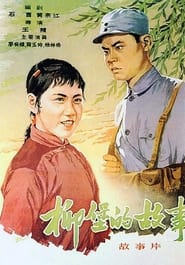 Lin Jin a solider of the...
Lin Jin a solider of the...The Story of Liubao 1957
Lin Jin, a solider of the New Fourth Army, stayed in Liubao village with his Army. During Lin Jin's stay, he fell in love with a local girl, Ermeizi. However, he had to leave Liubao with his troops for several years. Lin Jin and Ermeizi lost contact during the war after Lin Jin had left Liubao. Years later, Jin returns to Liubao where he finds Ermeizi again.
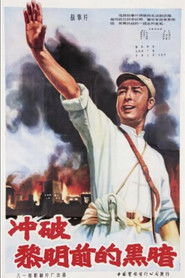 About May 1942 the Japanese elite mobilized...
About May 1942 the Japanese elite mobilized...Breaking Through the Darkness 1956
About May 1942, the Japanese elite mobilized thousands of troops to bases in central Hebei. A platoon of army troops were ordered to cover the transfer, the platoon leader was seriously injured. Yan Zhigang Li met his aunt and was saved. He led the soldiers with Qingsha Zhang, to fight the enemy , remove and destroy the enemy's guard towers and to break their cruelty.
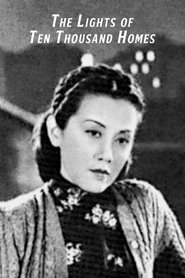 This tale of familial warfare and...
This tale of familial warfare and...The Lights of Ten Thousand Homes 1948
This tale of familial warfare and sacrifice takes place in hard-pressed Shanghai at the end of the 1940s. Hu Zhiqing can barely support his wife and children, and his situation is worsened by the unexpected arrival of his mother, brother and sister-in-law. When he is fired by his unscrupulous boss, the whole family becomes embroiled in one emotional/economic struggle after another.
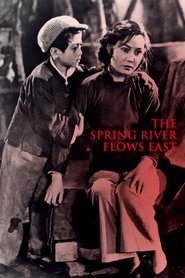 1930s China The village of a...
1930s China The village of a...The Spring River Flows East 1947
1930's China. The village of a poor family is taken over by the occupying Japanese army. One son, Zhongliang, leaves his wife and young son to join a medic group for the Chinese Army. The other son, Zhangmin goes into hiding to protect his family. The focus shifts back and forth from the brothers' parents and Zhongliang's wife and son to Zhongliang's newfound life of luxury in a town not too far away. The plight of Zhongliang's mother, his wife, Sufan and her son, Kongeson is contrasted with Zhongliang's rise in a flourishing company.
 The work consists of 6 largescale dances 4...
The work consists of 6 largescale dances 4... The Long March Suite
The Long March Suite Soldiers act as sentinels in the...
Soldiers act as sentinels in the...
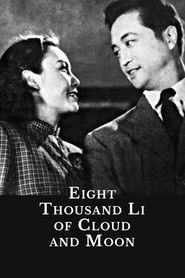 A college girl and a musician...
A college girl and a musician...